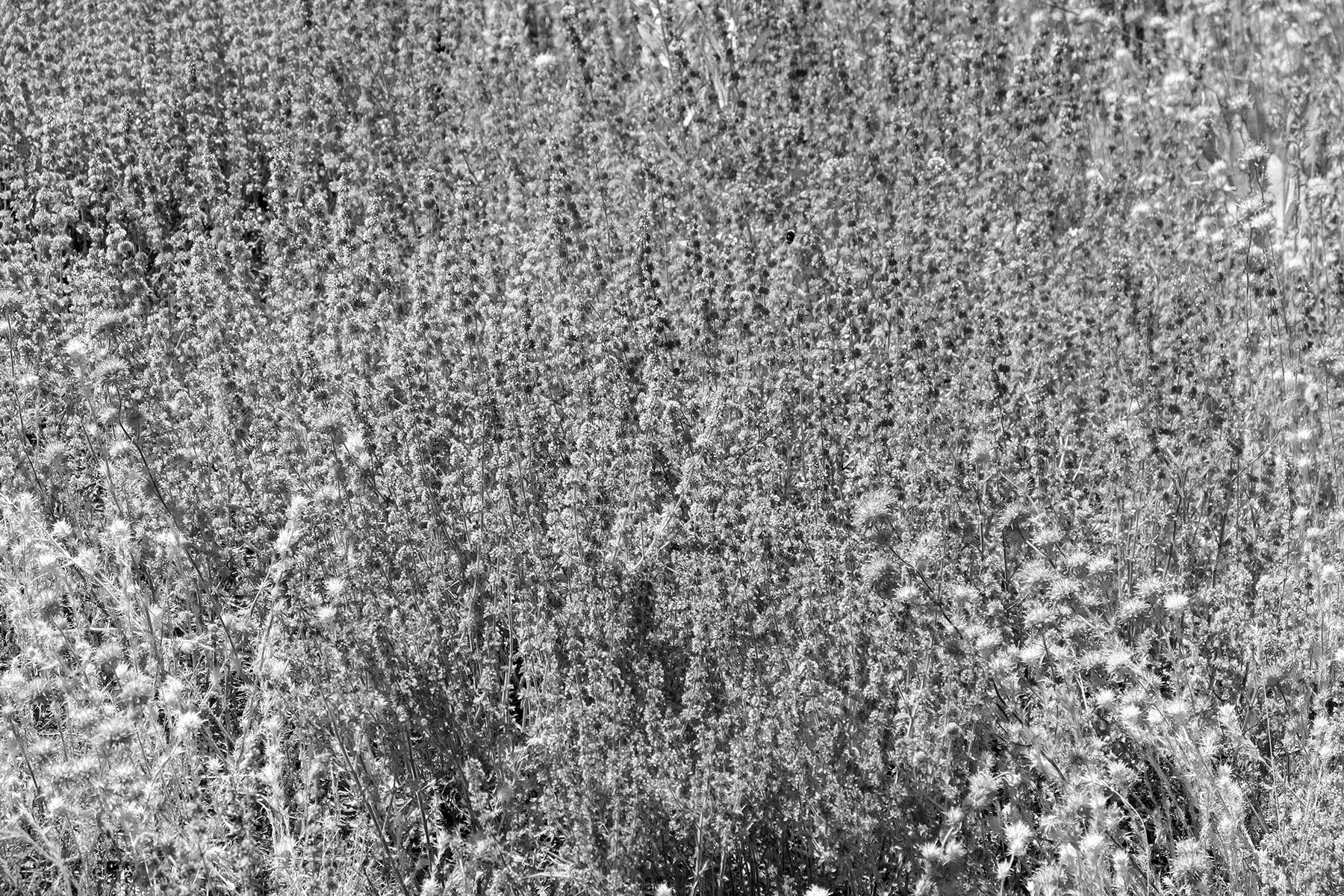“Ach Gottchen,”(Ohhhh, little God) my mother would cry when I’d appear tear-streaked in the door. Not clear if the diminutive name of a power she steadfastly believed to be almighty was meant to appease that power, or if it implied a call for mercy. “Ach Kindchen,” (Ohhhh, little child) my atheist father would sigh with quivering helplessness before turning away. Both tender utterings, pointing to a higher agent or infantilizing, respectively, did, of course, nothing to combat my sense of powerlessness.



I could almost hear their voices saying these words this week when I felt overwhelmed by the climate news, starting with the fires here, the drought, the floods in Germany with scores dead and many more missing, the seemingly futile resistance in the struggles against pipe lines, and so much more. What do you do when climate crisis depression hits, or any other kind of upset over the world’s fate?
Someone mentioned Octavia Butler‘s work as an anti-dote. The African-American author (1947 – 2006) was groundbreaking in many ways, not least that she was the first Back woman to succeed in the male-dominated field of Science Fiction. Recipient of the MacArthur “Genius” Grant and the PEN West Lifetime Achievement Award, among others, she wrote prescient novels about global warming, Black injustice and misogyny before her untimely death from a fall in 2006.
I must confess that I had trouble warming up to her tales, the Parable of the Sower and the Parable of the Talents in the early 1990s, trying to juggle small children, teaching undergraduates, doing research, and translating a book. There was something too close for comfort, with its setting in a drought-stricken Los Angeles, CA, the advent of authoritarian rulers, the victimization of non-Whites, and the expressed belief that some sort of religion – Earthseed, which held many a Christian tenet – could be of help to the resistance. I liked my science fiction then in the worlds of Gene Wolf and, as you all know, Ursula LeGuin, worlds that were sufficiently removed (if also true mirrors) that they gave my high anxiety some breathing space.



Butler’s parabels’ current resurgence is driven, however, not just by her prescient description of our country’s developments and challenges. Her protagonist is a young woman who believes in change, believes that G-d is change, and that we can shape and influence pragmatically what is around us, be agents of change ourselves. There is a sense of “outsized resolve,” as an essay in the New Yorker put it, a belief in pragmatic solutions and the will to bring them about that works like an anti-depressant.
The heroine’s resolve echoes that of the author, who grew up in poverty, worked multiple low-level jobs during her decades of writing, and who chose a field, Afrofuturism, that had its own obvious challenges.
Over the decades, as she was writing her most popular novel, “Kindred,” and two highly regarded series—her five-part Patternist books and her Xenogenesis trilogy—Butler was filling personal journals with affirming mantras. “I am a bestselling writer,” one entry, dated 1975, reads. “I write bestselling books.” She closes: “So be it! See to it!”
A short autobiographical essay that describes her way of looking at and fighting for things, a wonderful, moving read about positive obsession, can be found here.



For those who want a perceptive and humorous miniature version, read this poem by another successful Sci-Fi writer, Patrick O’Leary.
Gene Wolfe, Ursula K. LeGuin, Octavia E. Butler and I are sitting on a bench.
Gene is to my right fiddling around with his cane.
Ursula — or “Ullyses Kingfisher” as I like to call her, is smoking a pipe. (We’ve never met.)
Ms Butler is sitting way down at the end.
I realize that they are dead and this is a dream.
But I seize the moment.
I can now ask them the one question I’ve wondered about for years.
“Gene?”
He raises an unruly eyebrow at me, his handlebar droops, unimpressed.
“When you were alive who did you think was the best writer in the world?”
Gene full-faces me and raises the other eyebrow.
I have never been so insulted in my life.
A waft of cannabis pulls me to my left. “How about you, UK?”
“Don’t call me U U!”
“I did not call you: you you!”
“You did it again!”
“Come on! Who was the best?”
“Who gives a fuck?” She points. “Look at that hawk!”
I look. Perfectly flat slate of water to the horizon. Total Bergman.
When I turn back, Ursula is gone.
I look to my right. Gene left his cane. It makes that face at me.
I turn to Octavia who is sitting like a blue rock in a river.
“Estelle?”
“Me,” she says.

Which brings us back to the beginning. The best way to fight the climate- or other blues is by clinging to, or if need be conjuring up, a sense of agency. By forcing ourselves to be engaged as agents of change in whatever way we do it best, writing blogs included…, or calling politicians, or donating money, or all the other things you people excel in. See to it.
And if that doesn’t work, there is always ice cream.

Photographs are of meadow patterns from this week.
Music (Lemonade by Beyonce) is influenced by Octavia Butler as well, covering her other great topic, the Black female body.






Sara Lee Silberman
Good to make (prescient) Octavia Butler’s acquaintance and to see your photos.
Query: Are you sure “Gottchen” didn’t refer to adorable little you? [Given that you know your mother’s sensibilities and I don’t, however, I suppose I need to defer to your take on what she had in mind when she used that term in the context you’ve described….]
Betsy Quinn
Thank you so much for the introduction to Octavia Butler! Her essay is absolutely riveting.